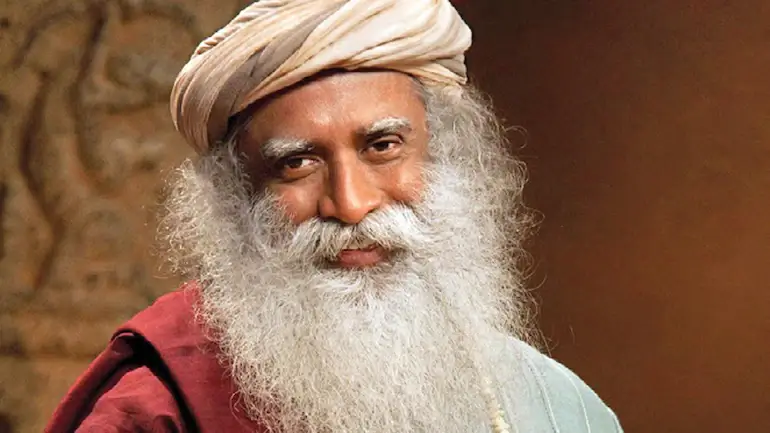J.Krishnamurti
I do not know if you have ever examined how you listen; it doesn’t matter to what, whether to a bird, to the wind in the leaves, to the rushing waters, or how you listen to a dialogue with yourself, to your conversation in various relationships with your intimate friends, your wife or husband.
If we try to listen we find it extraordinarily difficult, because we are always projecting our opinions and ideas, our prejudices, our background, our inclinations, our impulses; when they dominate we hardly listen to what is being said. In that state there is no value at all.
One listens and therefore learns, only in a state of attention, a state of silence in which this whole background is in abeyance, is quiet; then, it seems to me, it is possible to communicate.
Several other things are involved. If you listen with the background or image that you may have created about the speaker, and listen as to one with certain authority – which the speaker may, or may not, have – obviously you are not listening. You are listening to the projection which you have put forward and that prevents you from listening. So again, communication is not possible.
Obviously, real communication or communion, can only take place when there is silence. When two people are intent, seriously, to understand something, bringing their whole mind and heart, their nerves, their eyes, their ears, to understand, then in that attention there is a certain quality of silence; then actual communication, actual communion, takes place. In that there is not only learning but complete understanding – and that understanding is not something different from immediate action.
That is to say, when one listens without any intention, without any barrier, putting aside all opinions, conclusions, all the rest, experiences – then, in that state one not only understands whether what is being said is true or false, but further, if it is true, there is immediate action, if it is false, there is no action at all.
We have to learn not only about ourselves, which is of primary importance, but also to learn that in the very process of learning there is action. It is not a matter of learning first and acting afterwards, but rather the very act of learning is the act of doing.
For us, as we are, learning implies the accumulation of ideas – ideas being rationalized and carefully worked-out thought. As we learn we formulate a structure of ideas and having established a formula of ideas, ideals or conclusions, then we act. So there is action separate from idea.
This is our life – we formulate first and then try to act according to that formulation. But we are concerned with something entirely different, which is, that the act of learning is action; that in the very process of learning action is taking place and that therefore, there is no conflict.
What we have to do is to learn about ourselves – not according to the speaker, or to Freud, or to Jung, to some analyst or philosopher – but to learn actually what we are. If we learn about ourselves according to Freud we learn about Freud, not about ourselves.
To learn about one self, all authority must come to an end, all authority – whether it be the authority of the church or of the local priest, or of the famous analyst, or of the greatest philosophers with their intellectual formulas, and so on.
Excerpted from 1st Public Talk – 9th July 1967 in Saanen. The 37th death anniversary of J.Krishnamurti was observed on February 17







